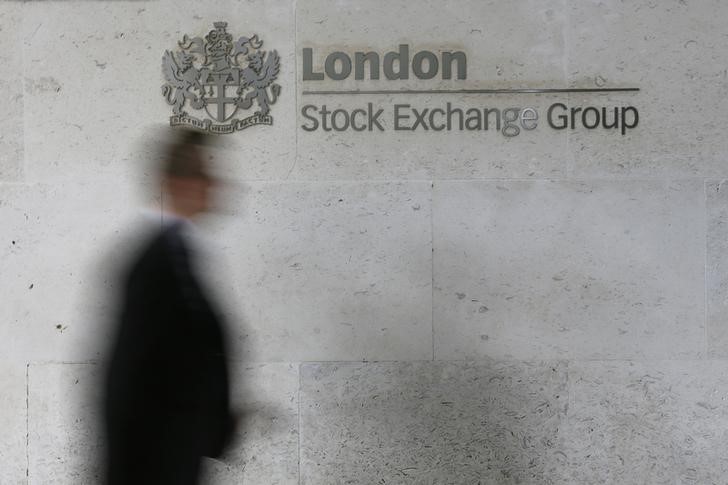Proactive Investors - The FTSE 100 moved lower in early trading on Tuesday as banking stocks continued to fall in the wake of the turmoil sparked by the collapse of SVB in the US.
At 8.15am London’s lead index was at 7,535.17, down 11.71points, or 0.16% while the FTSE 250 pushed higher, up 24.18 points, or 0.1%, at 18,849.26.
Financial stocks showed signs of stabilising but were still mostly in the red. Banks headed south with HSBC Holdings PLC down 1.5% after falls in Hong Kong, NatWest Group PLC lost 0.4%, Lloyds Banking Group PLC fell 0.9%. But insurer Aviva PLC rose 0.1%.
The unemployment rate for November 2022 to January 2023 was largely unchanged on the quarter at 3.7%, according to the Office for National Statistics.
Growth in average total pay (including bonuses) was 5.7% and growth in regular pay (excluding bonuses) was 6.5% among employees in November 2022 to January 2023.
Average regular pay growth for the private sector was 7.0% in November 2022 to January 2023, and 4.8% for the public sector. In real terms (adjusted for inflation), growth in total and regular pay fell on the year in November 2022 to January 2023, by 3.2% for total pay and by 2.4 for regular pay.
Total pay was in line with the market consensus and slowed from 6.0%. Regular pay growth came in below consensus of 6.6% and slowed from 6.7% in the three months to December.
Samuel Tombs, chief UK economist at Pantheon Macroeconomics said: “Today’s labour market report strengthens the case for the MPC to hold back from raising Bank Rate further next week, which already had been bolstered by the collapse of two US banks over the weekend. Admittedly, labour market slack is increasing only gradually.”
“Nonetheless, surveys show that recruitment difficulties now are no more pronounced than in before the pandemic, and redundancies look set to pick up over the coming months.”
“Most importantly of all, wage growth has slowed substantially, despite the modest increase in labour market slack.”
Shares in GSK PLC rose 0.2% after it announced positive results from the phase III trial of its MenABCWY combination vaccine candidate in meningococcal, a major cause of meningitis and septicaemia.
The drug, a five-in-one amalgam of treatments, was administered in two doses given six months apart.
It was tested for its safety, tolerability and immunogenicity (its ability to vaccinate) in healthy people aged between 10 and 25 years.
The evaluation had 11 separate goals, or endpoints, and achieved all of them.
But Close Brothers fell 4.6% after it said half-year profit declined amid provisions at Novitas, a provider of loans for legal proceedings. Pre-tax profit in the six months to January 31 plunged 91% year-on-year to £11.7mln from £128.9mln.
Novitas provisions during the half totalled £114.6mln. Novitas was acquired by Close Brothers in 2017 and in 2021 the company decided to permanently cease the approval of lending to new customers across all the products offered by Novitas and withdraw from the legal services financing market.
RS unveils new CEO
RS Group has a new boss. Simon Pryce has been named Chief Executive Officer with effect from 3 April 2023. David Egan, currently acting CEO, will work alongside Simon in his role of Chief Financial Officer.
Most recently, Prycw was CEO of Ultra Electronic Holdings PLC for over four years which was acquired by Advent in August 2022. Prior to this, he was group Chief Executive at BBA Aviation PLC for 10 years and previously held a range of international finance and management roles. He has been a non-executive director of RS since 2016 and chair of the remuneration committee since 2019.
